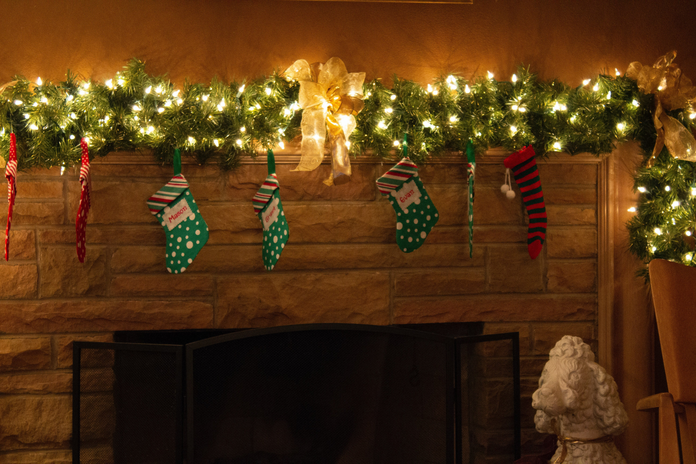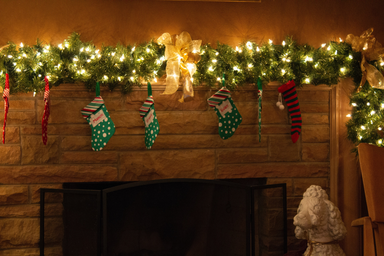With Christmas just around the corner, it is important to consider how Christmas is spent
differently around the world, with various traditions and cultures surrounding us every day.
Being brought up in a Polish family, I have learned to appreciate the little changes to the
typical English Christmas that make this day so special, and I’m here to give you an insight
into the Polish Christmas.
Firstly, Christmas in Poland is celebrated on Christmas Eve, which is the main celebration
and where most of the typical Christmas traditions take place. This involves a large
Christmas dinner and gift-giving. You may ask why this is the case; the Polish are very big
on traditions, and this is where the answer lies. Poland being a majority Catholic country,
most of its Christmas traditions centre on the birth of Jesus. Wigilia – the Christmas dinner,
followed by the ongoing celebrations, begins once the first star appears in the night sky –
signifying the Star of Bethlehem which led the Three Shepherds to the manger in which
Jesus was to be born – hence, the celebration commences on Christmas Eve.
Secondly, any Polish family will know that Christmas isn’t just a matter of one day, but rather
intensive preparations beginning even a month beforehand. This involves planning out all
the dishes, shopping for all such ingredients, and posting Christmas cards. This is only
building up to Christmas Eve, but it doesn’t stop there. There is an ongoing feeling and
celebration of Christmas for the rest of December, as all the mounds of food left over are
eaten over the next few days, family and friends are invited over to share the food out more,
and visits are paid to others. It’s a very long time of family and festivity, and it definitely
makes this time feel like a special one.
As mentioned above, Poles are very big on traditions. So, the next point leads me onto some
of these customs that just make this Christmas a little more different. As the day begins, the
whole family prepare for the evening celebration, i.e. cooking, baking, and decorating. After
lunch is eaten, we have to wait until the first star to eat anything else (very difficult to ignore
your hunger with the smells of all the foods all around!). Hay is placed under the tablecloth
(representative of the manger), 12 dishes are laid out (such as the 12 disciples), and an
extra plate is put out for any stranger who is alone on Christmas Eve, who is welcome at the
dinner table (resembling Mary and Joseph’s search for a place to stay on Christmas Eve).
One that I think is noteworthy is the exchange of the opłatek – or the wafer. Just before we
sit down for Christmas dinner, we stand around with each other, every person holding a
piece of wafer, and every person breaks off a piece of another one as we exchange wishes
for the next year. These small yet meaningful traditions, especially this one, I believe, sums
up just how warm, inviting, and important this evening is.
And that brings me to the end of only some of the things that make Polish Christmas stand
out in my opinion, and I am looking forward to experiencing this again soon. I hope this
encourages you to find out all the different ways that Christmas is spent around the world,
but more importantly, to take notice of the things that make your own Christmas special and
unrepeatable, because it is the small things that really matter on this day.


